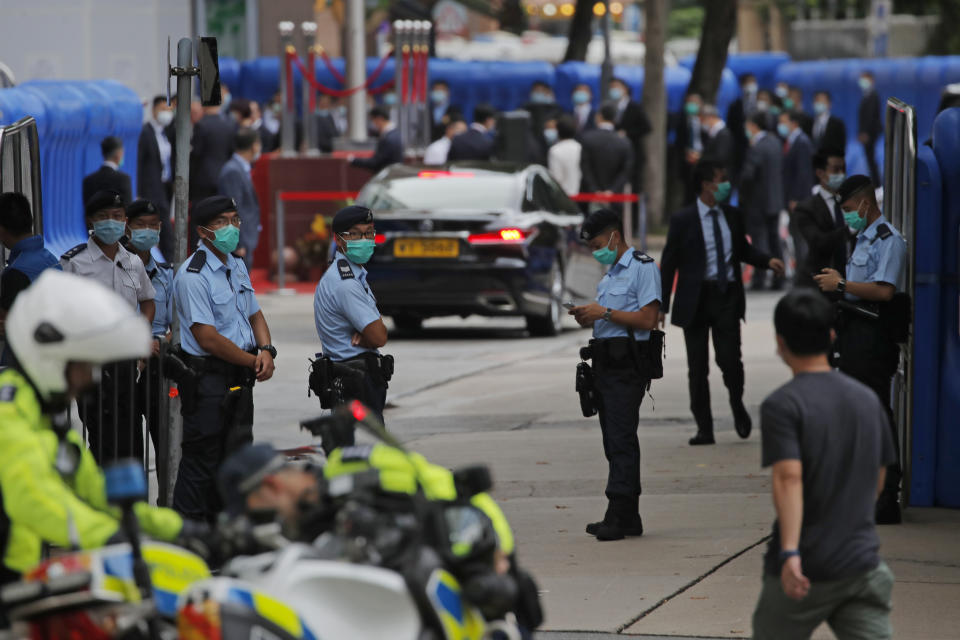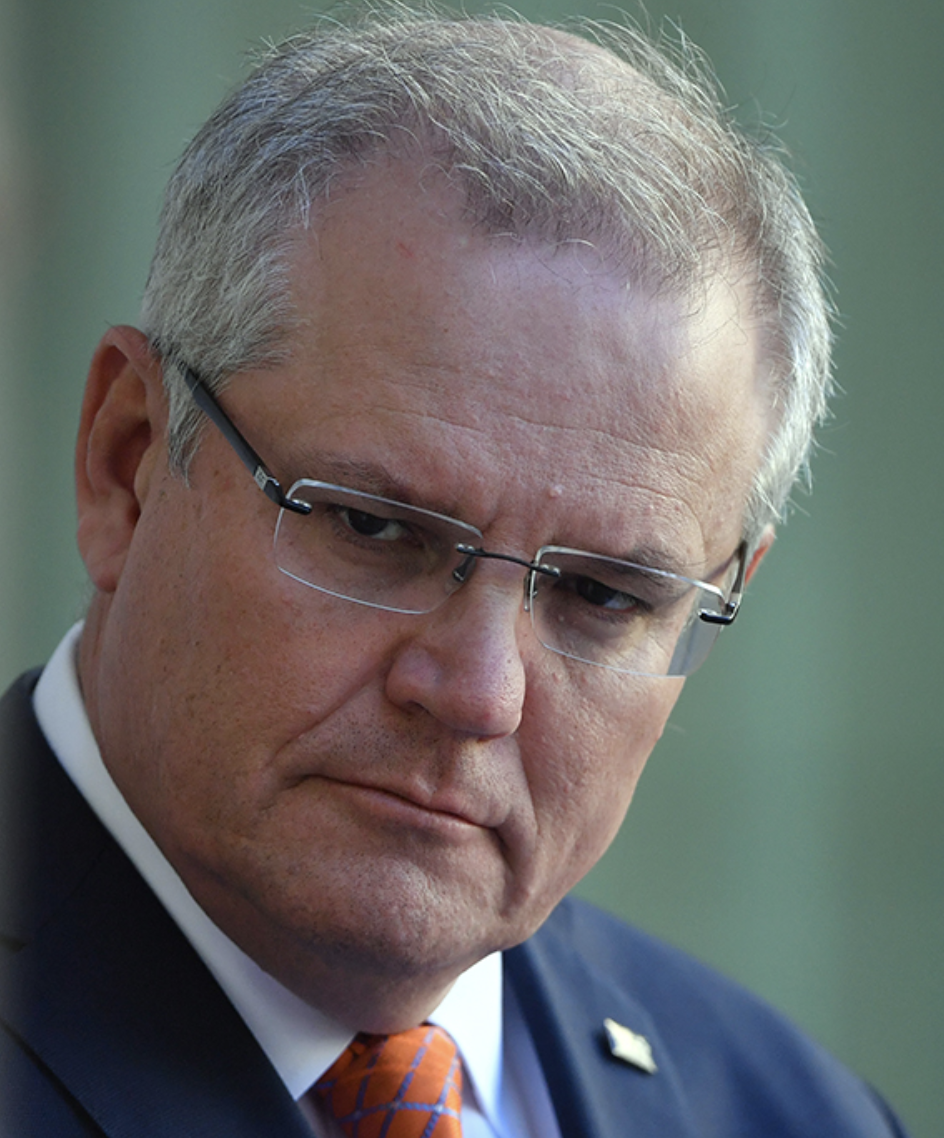'Stop meddling': China hits back at Australia's Hong Kong decision
China has hit back at Australia’s decision to extended visas to Hong Kong residents who feel threatened by new national security laws imposed by Beijing.
Prime Minister Scott Morrison announced on Thursday that the country has also suspended an extradition treaty with Hong Kong. The range of visas will be extended from two to five years and there will also be pathways to permanent residency visas.
A spokesperson with the Chinese embassy said it was a "groundless accusation”.

“Hong Kong affairs are China’s internal affairs. The Australian side has been clanking that they oppose ‘foreign interference’. However, they have blatantly interfered in China’s internal affairs by making irresponsible remarks on Hong Kong related issues. Its hypocrisy and double standard is exposed in full,” the spokesperson said in a statement.
"We urge the Australian side to immediately stop meddling in Hong Kong affairs and China's internal affairs under any pretext or in any way.
"Otherwise, it will lead to nothing but lifting a rock only to hit its own feet."
China last week warned Australia against “interfering in China’s internal affairs with Hong Kong.”

Global Times, a Chinese Communist Party mouthpiece, this week warned that “no one should underestimate the repercussions to the Australian economy from a further deterioration of bilateral ties.”
“If the Australian government chooses to continue to interfere in China’s internal affairs, it should be expected that the ‘safe haven’ offer will result in a huge negative impact on the Australian economy, making the issue much more serious than many people would have anticipated,” the newspaper said.
Australia announces Hong Kong visa move after China's crackdown
'Alive and well': Satellite images point towards Kim Jong Un's whereabouts
China responds to Australia's new travel warning over arbitrary detention
Britain, too, is extending residency rights for up to three million Hong Kongers eligible for British National Overseas passports, allowing them to live and work in the UK for five years.
Canada has suspected its extradition treaty with Hong Kong and is looking at other options including migration.

What prompted the change?
Beijing imposed new legislation on Hong Kong last week that criminalised subversion, secession and collusion with foreign forces.
Pro-democracy protesters have since been charged for holding flags, posters and pamphlets.
Under the law, police now have sweeping powers to conduct searches without warrants and order internet service providers and platforms to remove messages deemed to be in violation of the legislation.
“Our government, together with other governments around the world, have been very consistent in expressing our concerns about the imposition of the national security law on Hong Kong,” Mr Morrison said.
“That national security law constitutes a fundamental change of circumstances in respect to our extradition agreement with Hong Kong,” he said.

Who will benefit?
There are currently 8200 students, 900 graduates and 570 temporary skilled visa holders in Australia from Hong Kong.
Another 2300 Hong Kong students, 130 graduates and 100 temporary skilled workers outside Australia - for reasons such as visiting family or holidays - have Australian visas.
The Department of Foreign Affairs and Trade has updated its travel advice, warning people not to travel to Hong Kong.
It fears Australians could be deported to China for prosecution under the new national security laws.
"You may be at increased risk of detention on vaguely defined national security grounds," the department said.
"You could break the law without intending to."
with Reuters and AAP
Do you have a story tip? Email: newsroomau@yahoonews.com.
You can also follow us on Facebook, Instagram and Twitter and download the Yahoo News app from the App Store or Google Play.



